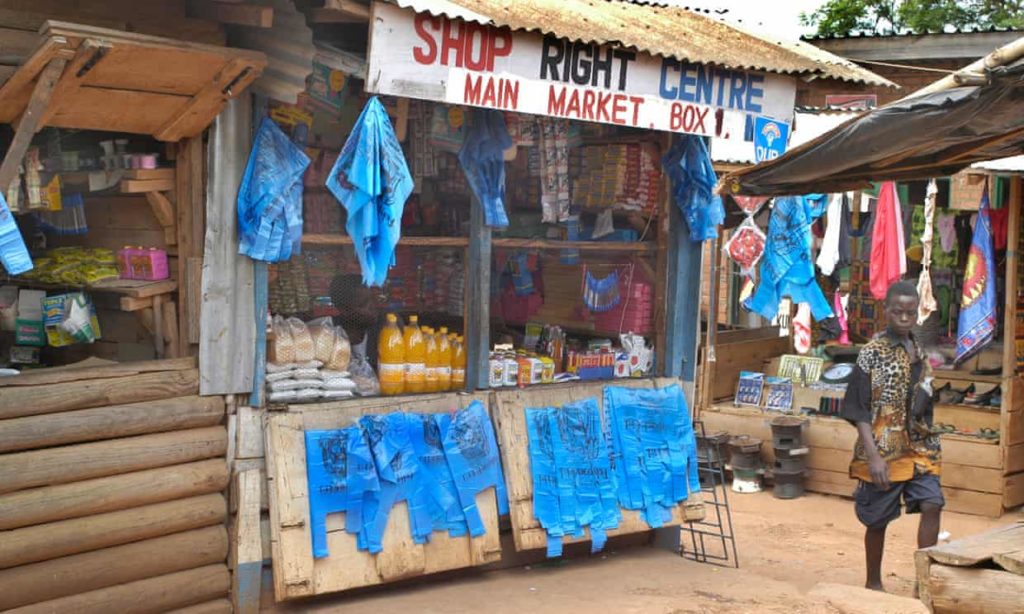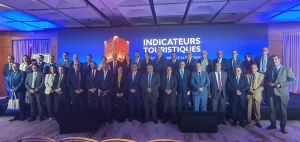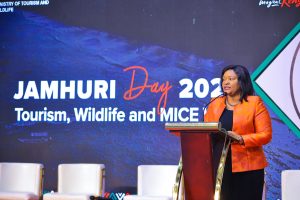Photo Credit: Alamy
Malawi’s highest court has imposed a ban on plastic bags, a huge milestone for the government and environmental charities who beat off challenges from some of the country’s big manufacturers.
The government imposed the ban on thin plastic bags in 2015, but the move was overturned by the high court after a number of plastic manufacturers who operate in the southern-east African nation obtained an injunction, citing an “infringement of business rights”.
Delivering the verdict on Thursday, a panel of seven judges dismissed the appeal.
Companies who violate the ban face fines and the closure of their factories.
The decision places Malawi among a handful of African countries that have passed plastic bans or operate them. Tanzania, Kenya and Rwanda are among the others.
Sangwani Mwafulirwa, a spokesperson for the department of environmental affairs, said the government was very relieved the verdict had gone in its favour. “We have for over two years struggling to have the case concluded. We are really excited,” he said.
Speaking ahead of the judgment, the national chairperson for the Wildlife and Environmental Society of Malawi, Dr Tiwonge Mzumara-Gawa, said Malawi needed the ban “because it’s the only way that we can effectively reduce the numbers of plastic wastes getting into our most precious lakes”.
“The issue of microplastics getting into fish is a food security, livelihood and heath concern. The trial is key since as much as we can recycle, do clean up campaigns and the like, if it’s not illegal, we have no progress,” said Mzumara-Gawa, whose organisation was among those that fought for the ban.
Malawi has a number of freshwater lakes that provide food and livelihoods for local people.
But a report commissioned by the government, with support from the UN Development Programme and the Lilongwe Wildlife Trust, warned that the country’s largest freshwater lake, Lake Malawi, could run out of fish stocks by 2050 unless the use of thin plastics was curtailed.
The Lilongwe Wildlife Trust said Malawi produced 75,000 tons of plastic each year, of which 80% cannot be recycled.
In a statement on the trust’s website, Jonny Vaughan, the trust’s CEO, said: “Today’s judgement is a fantastic victory for everyone who wants to see a cleaner, healthier, and prosperous Malawi. Public, political, and scientific opinion has long been in consensus on the issue of thin plastics, and I am delighted that Malawi now joins a progressive international community standing up for their natural heritage.”
Source:theguardian.com







